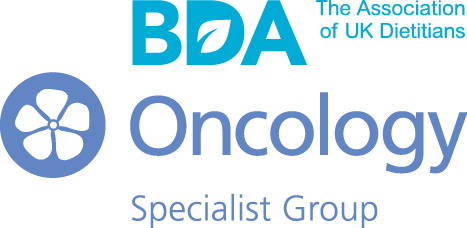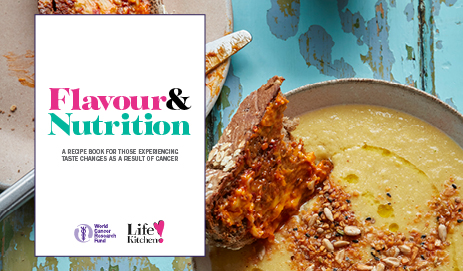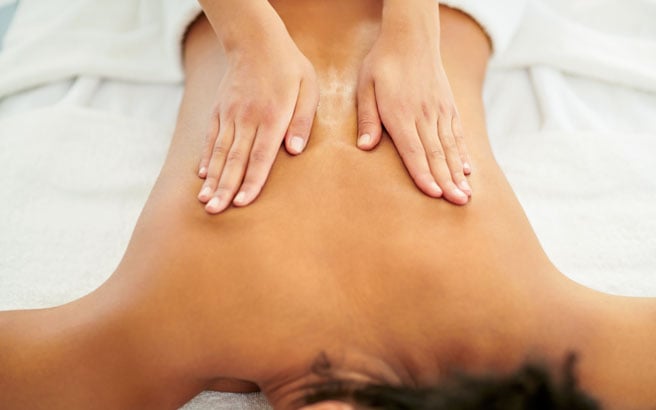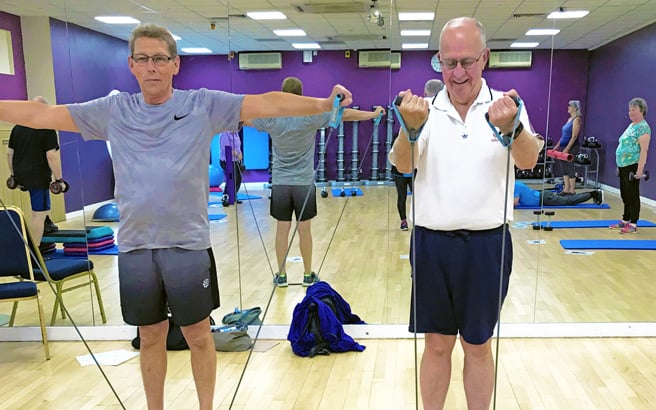Can a vegan diet inhibit cancer growth?
There is very little scientific research looking into whether a vegan diet can delay or stop the growth of cancer cells.
Scientific evidence does not show that a vegan diet has a positive effect on cancer or on chemotherapy treatment.
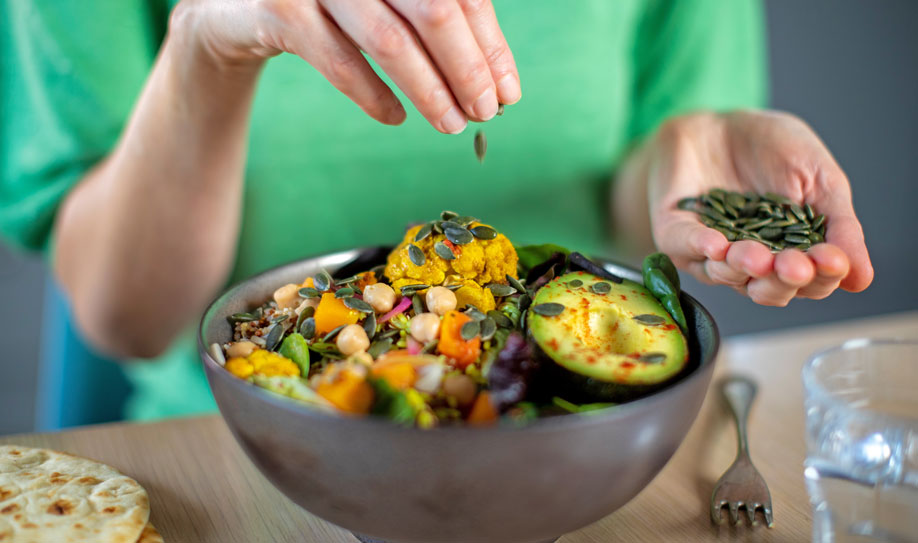
Should I follow a vegan diet if I have cancer?
There is no evidence a vegan diet improves overall health in patients during cancer treatment better than a diet that includes animal products. However, a vegan diet that contains a variety of different foods can be a good substitute for an animal-based diet.
Cancer and cancer treatments can affect your appetite or ability to eat. Patients can often feel sick or have a poor appetite. If you are following a vegan diet, it’s important to try and maintain your weight and eat a varied diet to ensure you get enough energy (calories), protein, and vitamins and minerals. Good nutrition is important to help keep up your energy levels, fight infection, cope with the side effects of your treatment and minimise any weight loss.
Making sure all don’t miss out on any nutrients
In a vegan diet, it can be harder to eat enough energy, protein, and certain vitamins and minerals compared to a diet that does contain animal products. Therefore, it’s important to make sure you eat the right foods.
The table below shows some of the nutrients to pay more attention to, and what foods contain them.
| Nutrient | Role | Dietary source |
|---|---|---|
| Protein | Growth and repair | Pulses (like beans, peas and lentils), nuts, seeds, tofu, soya, and Quorn |
| Iron | Involved in the production of haemoglobin, which carries oxygen in the blood. There are two types of iron in the diet, haem (found in meat) and non-haem (found in plant-based foods). Iron from plant-based foods is not absorbed as well as iron from animal sources (such as meat). However, adding vitamin C (such as a small glass of orange juice, or citrus fruit) to a meal can help the body use the iron better. | Pulses, dried fruit, beans, nuts and seeds, dark green vegetables, fortified breakfast cereals, soya |
| Vitamin B12 | Involved in the production of red blood cells and proper functioning of the nervous system | Vitamin B12 is added to some milk-alternative products, vegan spreads, yeast extracts and fortified breakfast cereals. As vitamin B12 is mainly found in animal-based food it can be harder for vegans to consume enough, and therefore taking a B12 supplement (up to 100% of the Reference Intake [RI]) may be advised [check with your oncology dietitian or health professional first]). |
We would also advise vegans to seek advice from a dietitian to prevent nutritional deficiencies if following a vegan diet.
A lack of protein and certain vitamins and minerals can hamper recovery after chemotherapy. A dietitian can assess whether certain supplements are needed and whether they are appropriate and allowed for the type of chemotherapy being used. You should not take any supplements without talking to your health professional first – some supplements can adversely affect the way chemotherapy works.
Find more information about the vegan diet at on the NHS website or visit the Vegan Society.

Living with cancer enews
Advice and support from experts for people living with and beyond cancer

